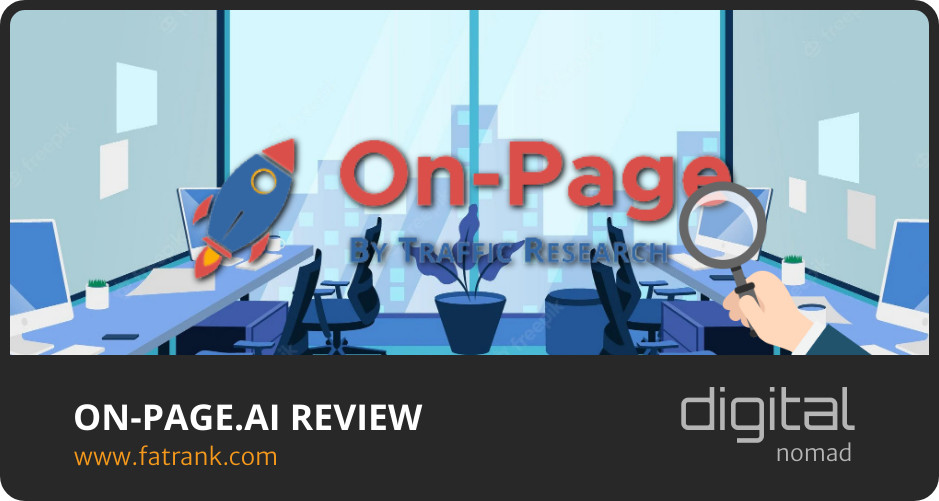
On-Page.ai Review
The best SEOs in the world are always testing, challenging assumptions, and looking for an advantage over the competition.
If you want to be in the top 0.01%, you need to be doing what others aren’t willing to do and doing it better than everyone else.
That’s why I travel the world attending private masterminds with the best SEOs, making it a priority to seek out every advantage I can get on Google.
My latest ‘Secret Weapon’ is On-page.ai which is a relatively new content optimisation tool that uses a different set of guiding principles to rank web properties online.
Contents
- Don’t Just Copy Competitors, Beat Them.
- A Different Approach To Optimisation
- Highly Related Words For Highly Competitive Industries
- Using Google Categorisation To Gain An Edge
- Internal Linking Recommendations That Make Sense
- Going Beyond The Competition
- Building Better Backlinks
- Briefs For Writers
- The Results
Don’t Just Copy Competitors, Beat Them.
On-page’s main scan tool scans the top-ranking results for your keyword, extracts the most relevant entities, and serves them on a platter to you to implement into your copy.
This alone isn’t unique as many competing services do the same, however, how they do it is different.
For one, they are using Google’s own AI to process the text and categories. That alone gives me confidence that the results are going to be somewhat palpable.
Next, they claim to extract the main content of a webpage which has the benefit of ignoring irrelevant sidebar text and footer terms.
Truth be told, I didn’t really notice anything special until I ran a direct comparison for the same keyword in other tools.
That’s when I noticed that On-page returned more accurate word count, H1, H2, and image counts.
It also filtered out irrelevant terms better than the competition, leaving me with a diluted set of terms I could use to increase my page’s potency.
A Different Approach To Optimisation
On-page takes a drastically different approach when it comes to ranking, focusing more on the overall page relevance rather than using a specific term X amount of times.
I prefer to think of it as “Word Potency”.
The stronger you can make your copy while avoiding irrelevant topics, the higher you will rank on Google.
While my competitors are brewing generic coffee, I’m crafting an expresso shot of SEO.
In my experience, this approach to optimisation has led to faster, more consistent results.
- If my writers stray too far from the topic of intent, the tool devalues the score to keep them on track. We actually increased in rankings when we addressed a bloated page that had previously been optimized with another ranking tool.
- If the tool measures us to be more relevant than the competition, we can have a shorter article that outperforms them, saving us both time and money.
The only rule you should consider is that there are no rules. Test, test, and then test some more.
I have found that Google cares more about serving the best page on a topic rather than hitting a specific word count.
If I can rank better with shorter content, great. It means my costs per article decreases and my profits increase. If I need a longer article to fit in more related terms, that’s fine as well.
I am no longer constrained by an arbitrary word count and instead, I focus on the article’s overall relevance.
Highly Related Words For Highly Competitive Industries
If you’ve been following me for a while, you’ll know that we play in some of the most competitive industries in the world.
Competition is fierce with the brand names spending 100k+ a month on SEO.
We noticed that for the most lucrative keywords within the industry, the top-ranking pages were all very similar, utilizing the same headings, word count, and related words.
While we had pages ranking in the top 10, it was difficult to break through into the top 3 positions without a differentiating factor.
What helped us surpass the competition wasn’t copying the competitors word for word, instead, it was to use terms that they had forgotten to use.
On-page has a unique feature called “Highly Related Words” that returns the closest related entities to your keyword, irrespective of what is currently ranking on Google.

This has helped us identify words that were highly relevant to the topic that the competition had missed.
Adding them to our page not only made us more unique in the eyes of Google, but it also allowed us to stand out from the competition.
The result is that we were able to grab the top spot for an EXTREMELY profitable keyword that had been guarded by a competitor for years.
That alone is worth the price.
Using Google Categorisation To Gain An Edge
Further down in the report, On-page uses Google’s classification engine to categorise the top-ranking pages in the search results. Query a keyword and you’ll see the categories Google tends to reward for your specific term.
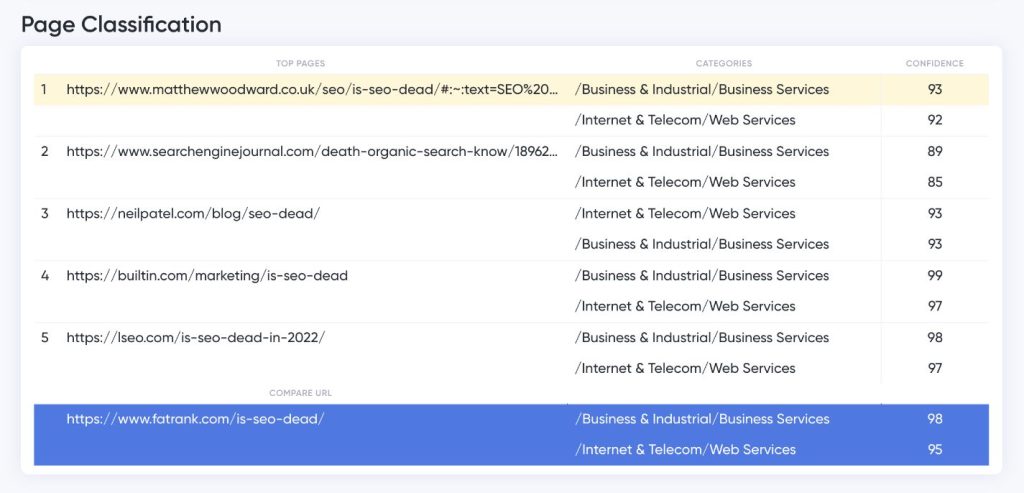
While this in itself was interesting, we found that we were mostly already in the appropriate category 99% of the time.
What surprised us is that On-page already had data within our industry, providing word suggestions for our exact category. (They claim to have unique keyword data on nearly every Google category)
Internal Linking Recommendations That Make Sense
The next step in my SEO SOP (standard operating procedure) is internal linking.
Make no mistake, if you want to rank in the most competitive fields in the world, you MUST have an internal linking strategy.

On-page provides internal linking recommendations based on my favourite strategy. (Which is querying Google to determine the most relevant pages for your topic and then internally linking them together).
This simplifies our process and saves me a step for each article posted. Each writer is instructed to follow the steps outlined, adding unique internal links from the articles recommended within On-page.
Going Beyond The Competition
In another effort to stand out from the competition, we started answering some of the unique questions covering the ‘Who’ ‘What’,’ Where’, and ‘How’ provided by On-page.
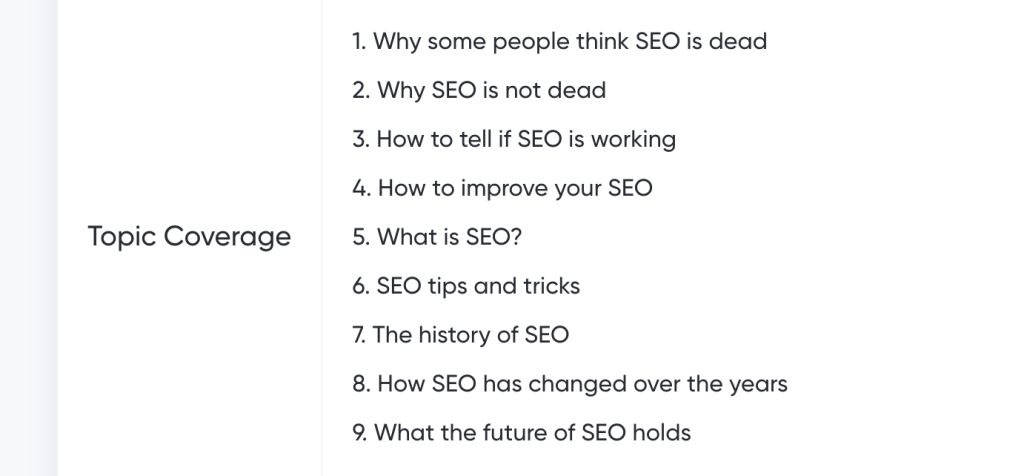
When we noticed that most competitors were just answering People Also Ask questions, we started to go the extra mile by answering questions that Google had not previously seen before.
It’s by going above and beyond the competition that we are able to thrive.
One secret that has served me well throughout the years of building digital assets is just to do more than everyone else.
If my competition is working 8 hours a day, I’ll work 18. If my competition is answering 3 questions, I’ll answer 10.
(We have noticed that our competitors are starting to copy us now which means that WE are the leaders.)
Building Better Backlinks
Even though Google recently announced that they are trying to reduce its emphasis on links, any good SEO knows that backlinks are a core metric on Google.
We run multiple linking services and have started to experiment with some of the unique link tools provided by On-page.
The “Predictive Link Building” feature uses Google’s classification engine to categorise entire domains that we use for guest posting.
We noticed that Google’s classification differed drastically when compared to other tools such as Majestic.
I’ll trust Google’s classification over a third-party metric any day of the week.
We are just beginning to experiment with linking based on the Google classification and the results seem quite promising.
If we can build better links that are more effective and cost less, this will go a long way to improving our bottom line.
Briefs For Writers
This is how I originally found On-page.
I was searching for a quick & straightforward way to create content briefs for my writers when I stumbled upon a video from Eric Lancheres explaining how he creates briefs within seconds for his team.
Enter a term, press enter and you’ll be presented with an assortment of data ranging from all the top headings used by competitors to statistics & questions within the industry.
From there, I click and choose the elements I want to include and send them to my writers.
I appreciate the simplicity because when I have to create 20 briefs in a day, I don’t want to be messing around with a 7-step wizard that is so common in other tools.
I appreciate the simplicity. It won’t win any awards but it gets the job done and that’s what matters.
The Results
At the end of the day, the only thing that matters is rankings. With 40+ digital assets, improving our efficiency and speed of operations makes a huge difference.
I’m proud to announce that we’ve been able to double the traffic on some of our web properties in part, thanks to On-page.
It also helped us increase our rankings for some of our most lucrative (and highly competitive) keywords.
As a result, I consider On-page.ai to be a ‘must-have’ SEO tool.
Normally I wouldn’t divulge such trade secrets however I know that 2 of my closest competitors already use it (We’re all in a mastermind together).
Don’t take my word for it. I recommend you test everything before you treat it as the truth.
In my case, I have access to and have tested nearly every optimisation tool out there. The industry is flooded with new tools promising magic-button solutions each and every day.
This is the first time in a very long time that I have found something that truly delivers results.
I can confidently say that the new king of on-page optimisation tools is On-page.ai.
It managed to improve the rankings of pages that were previously optimised with other tools and has been instrumental to growth this year.
- AI Content Detection

- AI Copywriting Software
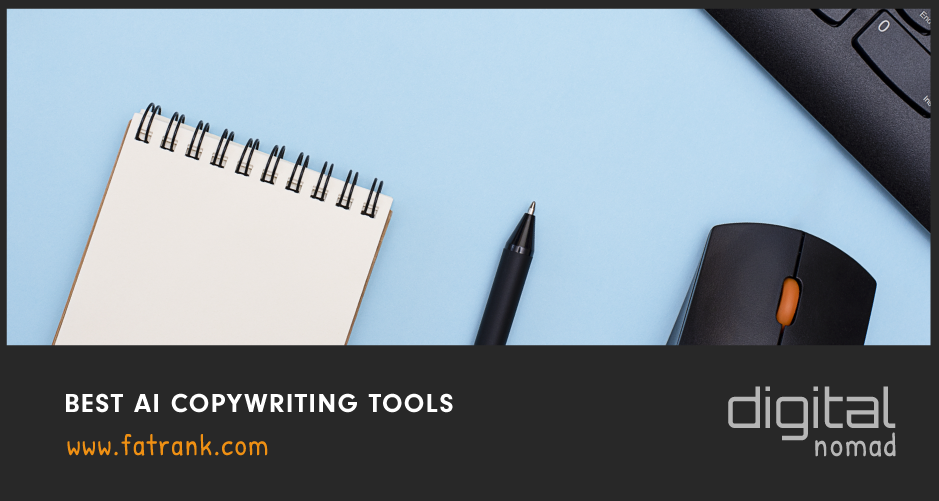
- Autoblogging AI Review

- Bolded Keywords in Google SERP
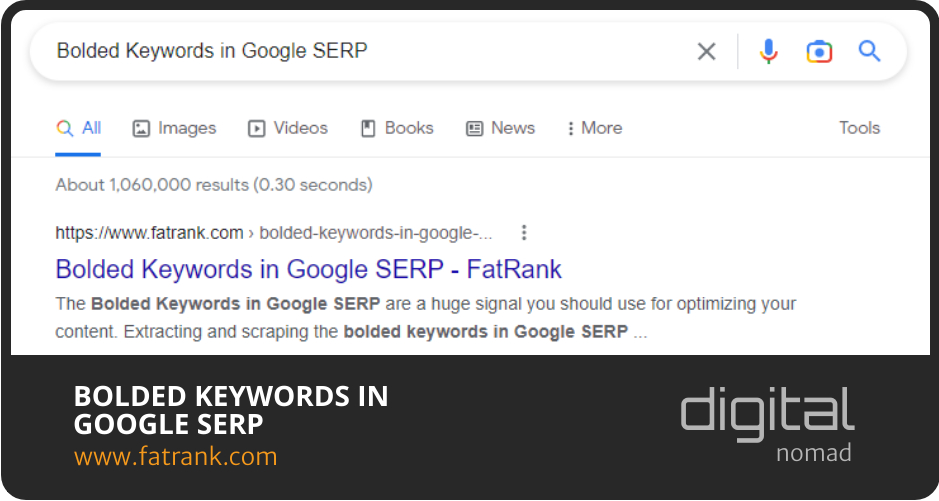
- Content Cannibalisation Google Penalty

- Content Expansion

- Focus Keyphrase
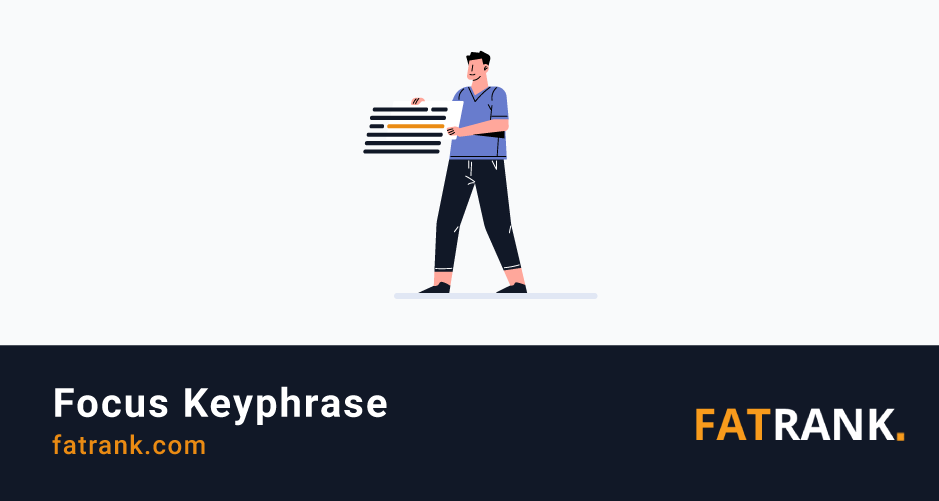
- How To Create A Topical Map
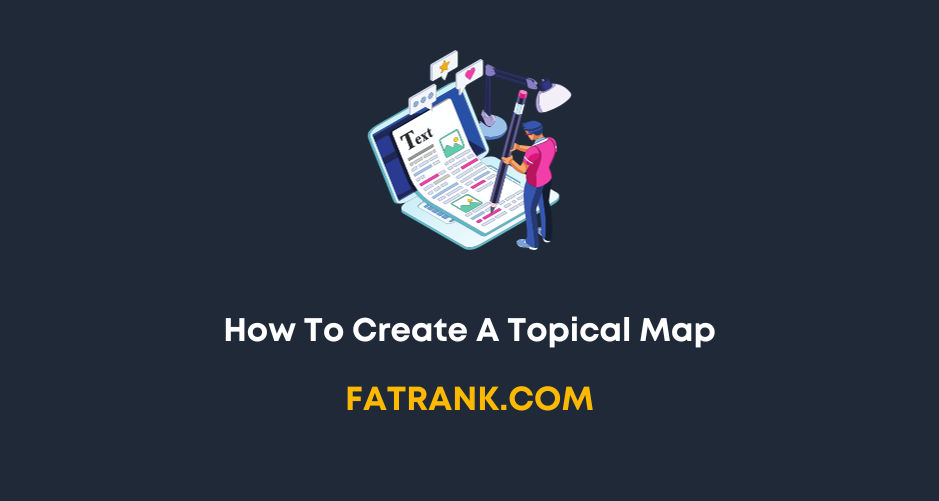
- Identify The Root, Rare, and Unique Attributes Of An Entity

- Page Optimizer Pro
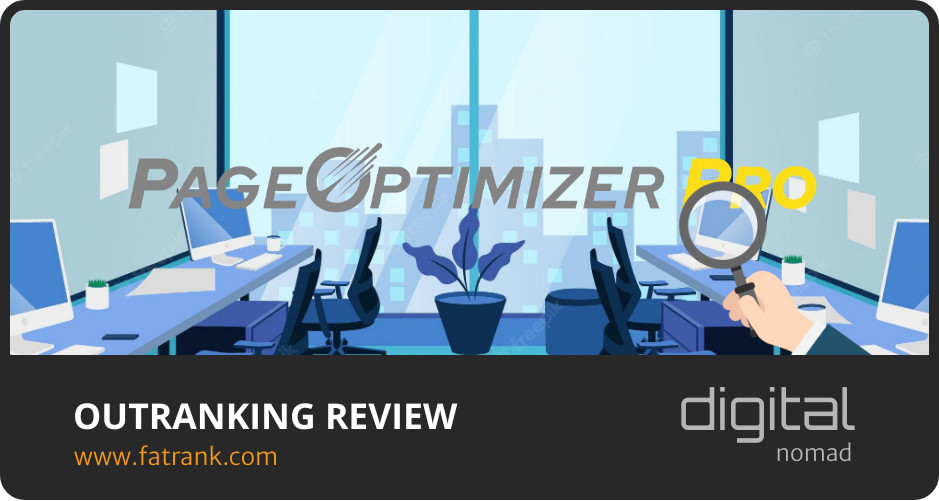
- Semantic Triples
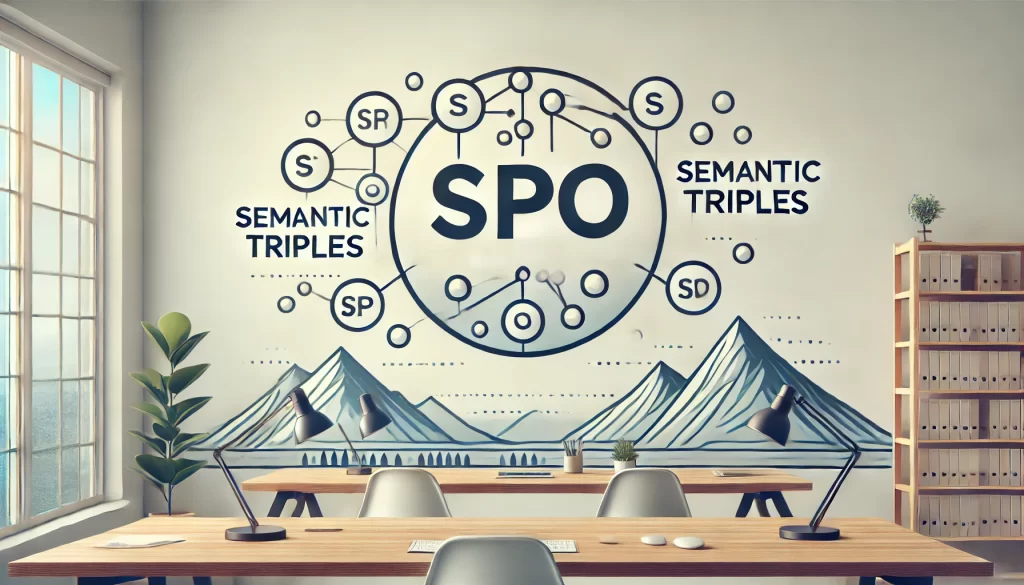
- SEO Avalanche Technique
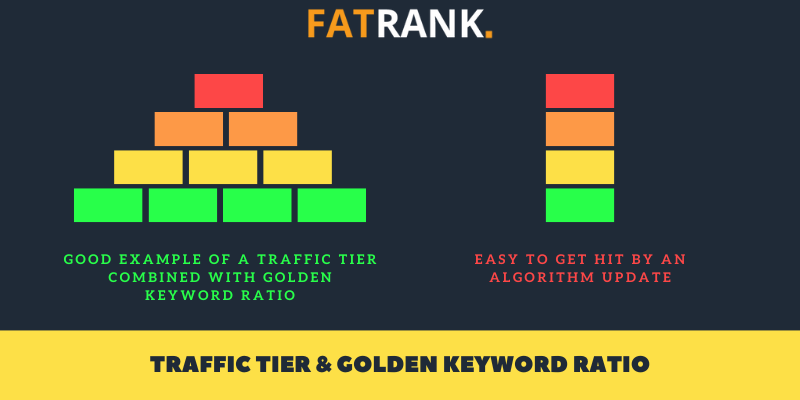
- SEO Content Audit Guide
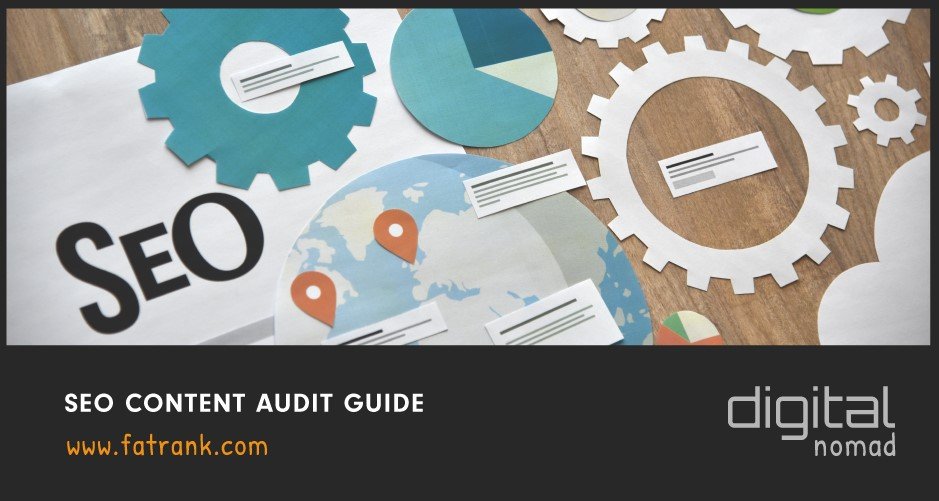
- SEO Content Optimization Tools

- Silo Internal Linking

- Standalone Content
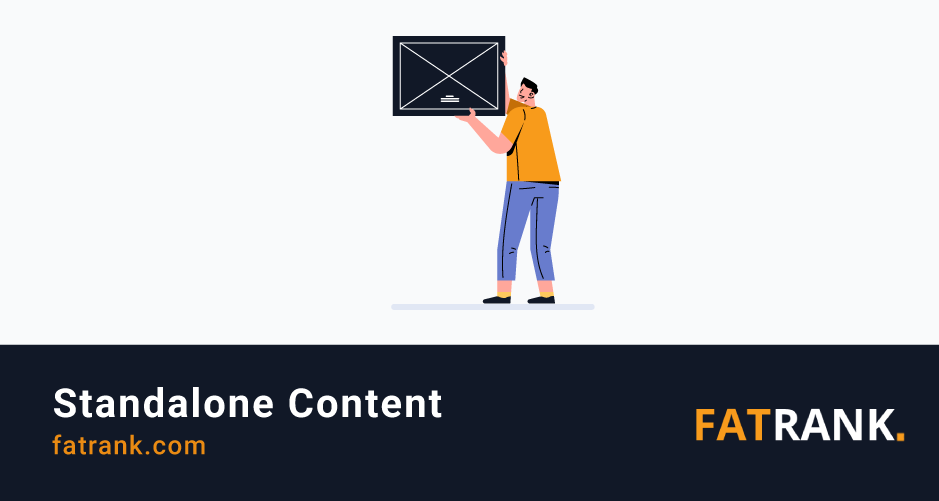

About FatRank
Our aim to explain and educate from a basic level to an advanced on SEO and Social Media Marketing.
